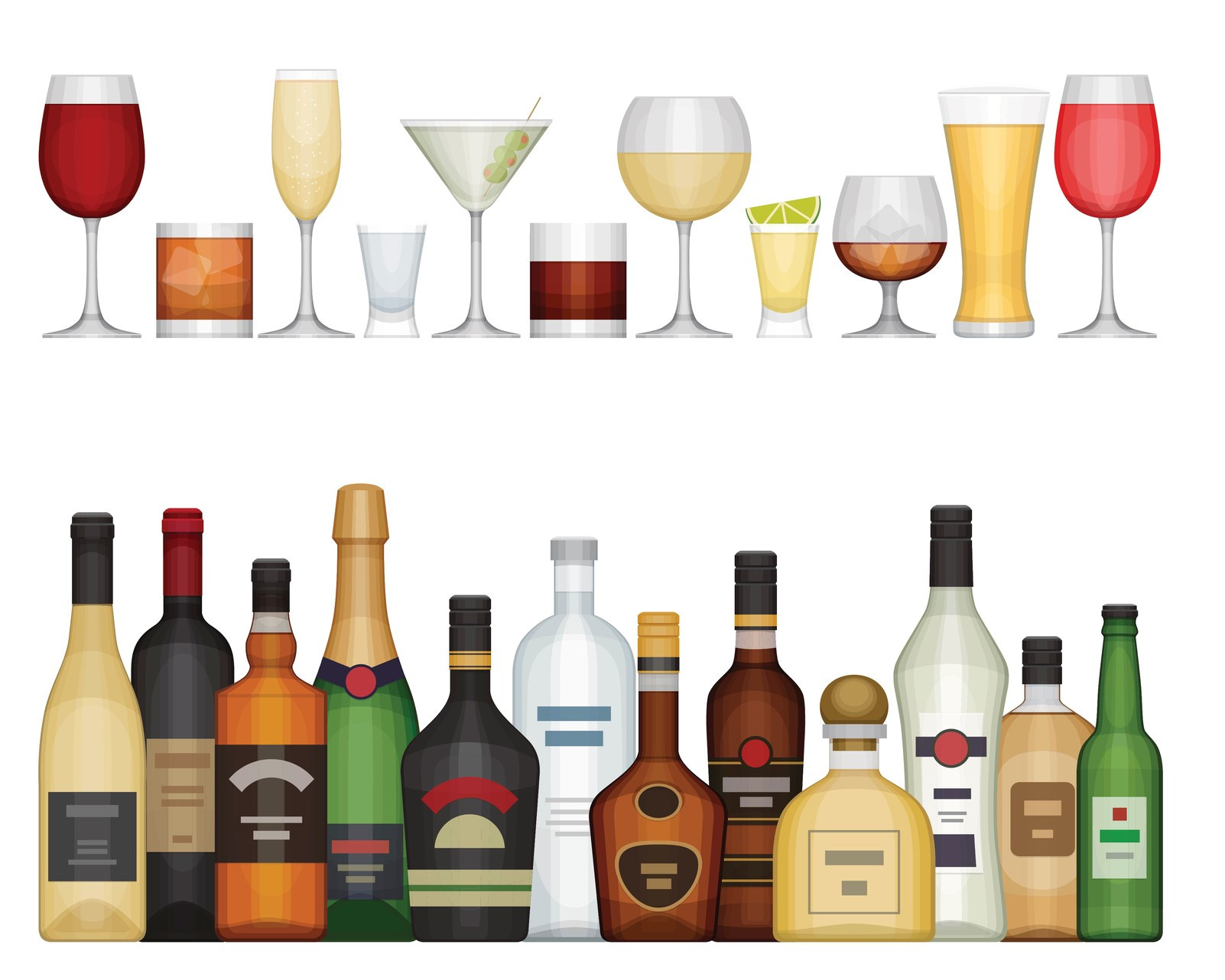
5 timeless habits for better health

What are the symptoms of prostate cancer?

Is your breakfast cereal healthy?

When pain signals an emergency: Symptoms you should never ignore

Does exercise give you energy?

Acupuncture for pain relief: How it works and what to expect

How to avoid jet lag: Tips for staying alert when you travel

Biofeedback therapy: How it works and how it can help relieve pain

Best vitamins and minerals for energy

Should you take probiotics with antibiotics?
Alcohol Archive
Articles
Alcohol may lower pregnancy odds in women undergoing fertility treatment — but caffeine is no problem
A 2022 study found that women undergoing fertility treatment who drank seven or more alcoholic beverages weekly were 7% less likely to become pregnant. The chances of live birth dropped 9% in women whose male partners drank that amount.
Kidney health quick-start guide
Unhealthy lifestyle habits, chronic diseases, and genetic conditions can damage the kidneys and reduce their ability to do their many jobs. But many precautions can help protect the kidneys. Examples include controlling diabetes; lowering high blood pressure; moderating intake of salt, alcohol, and protein; limiting intake of oxalate-rich foods such as spinach, almonds, or cashews; losing weight; stopping smoking; exercising regularly; staying hydrated; limiting the use of nonsteroidal anti-inflammatory drugs (NSAIDs); and getting annual kidney function tests.
Is alcohol good for your heart?
Over the years, studies have produced conflicting results about the link between alcohol intake and heart health. Some studies suggest drinking alcohol protects against cardiovascular disease, including heart attack, heart failure, and stroke, while others imply the opposite. Now growing evidence says that not only won't alcohol lower a person's risk for cardiovascular disease, but consuming even moderate amounts may increase risk.
A daily drink: Not as harmless as you might think
The long-held assumption that light to moderate drinking is good for a person's heart is likely inaccurate. A new study using sophisticated genetic tools suggests that the risk of high blood pressure and coronary artery disease rise for any quantity of alcohol consumption. The added risk is low when people consume up to a single drink per day but rises exponentially at levels above seven drinks per week. This added risk applies to a first-time diagnosis of heart disease and not to people already diagnosed with a heart problem (who might well face even greater risk).
Does alcohol harm the heart?
Some studies have found that drinking any amount of alcohol is unhealthy. But more than 100 large studies have found that people who have one drink per day have lower risks of cardiovascular disease. How can both be true? It depends on a person's current state of health, lifestyle habits (such as diet, exercise, and smoking), family history of disease, and the quantity of alcohol consumed. People who don't usually drink have no need to start: there are better ways to achieve a healthy heart.
7 common causes of forgetfulness
Memory slips are aggravating, frustrating, and sometimes worrisome. When they happen more than they should, they can trigger fears of looming dementia or Alzheimer’s disease. But there are some treatable causes of forgetfulness.
This is your brain on alcohol
It's no secret that alcohol affects our brains. Although excessive drinking is linked to an increased risk of dementia, decades of observational studies have indicated that moderate drinking has few ill effects. However, a recent British study seems to have bad news for moderate drinkers.

5 timeless habits for better health

What are the symptoms of prostate cancer?

Is your breakfast cereal healthy?

When pain signals an emergency: Symptoms you should never ignore

Does exercise give you energy?

Acupuncture for pain relief: How it works and what to expect

How to avoid jet lag: Tips for staying alert when you travel

Biofeedback therapy: How it works and how it can help relieve pain

Best vitamins and minerals for energy

Should you take probiotics with antibiotics?
Free Healthbeat Signup
Get the latest in health news delivered to your inbox!
Sign Up









